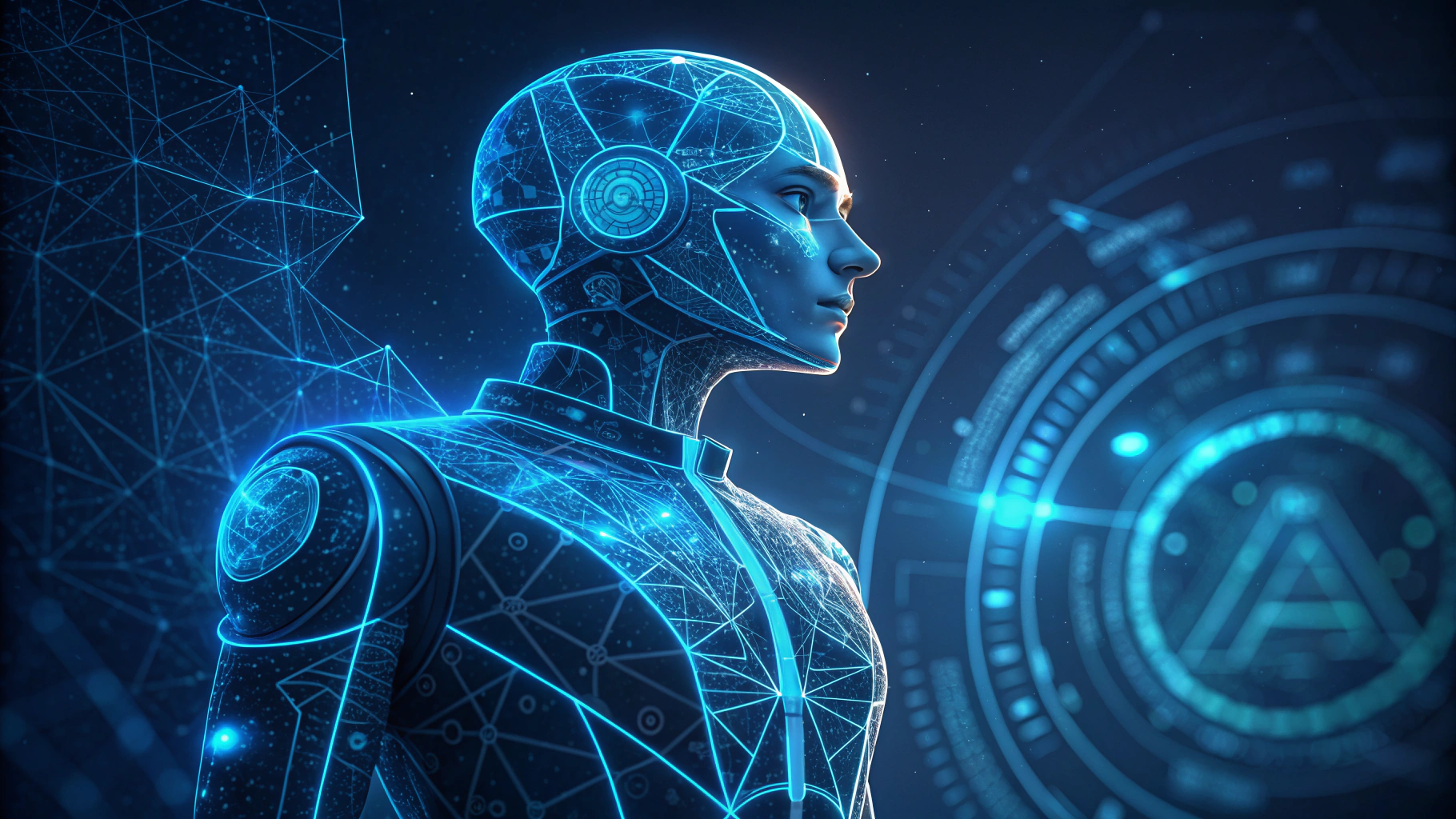Understanding Agents: A Comprehensive Guide to Their Role and Impact

Understanding Agents: A Comprehensive Guide to Their Role and Impact
In the rapidly evolving world of technology, the term "agent" has taken on multiple meanings across various fields, from artificial intelligence to business management. Understanding the nuances of agents and their applications can provide significant advantages in both personal and professional contexts. This article delves into the concept of agents, exploring their types, functionalities, and impact across different domains.
1. Introduction to Agents
An agent is essentially an entity that acts on behalf of another to perform a set of tasks or to achieve specific goals. In computer science, agents are often software programs that automate processes, make decisions, and interact with other systems or users. Their versatility and adaptability make them invaluable in myriad applications, from enhancing user experience to optimizing business operations.
2. Types of Agents
- Software Agents: These programs perform tasks autonomously. Virtual assistants like Siri and Alexa are prime examples that respond to user commands and provide critical information.
- Intelligent Agents: Utilizing artificial intelligence, these agents learn from their environment and adapt over time, enhancing their performance and decision-making capabilities.
- Multi-Agent Systems: These involve multiple agents collaboratively working towards a common goal, often used in complex simulations and interconnected applications.
- Robotic Agents: Representing physical embodiments, these agents range from industrial robots in manufacturing to autonomous vehicles navigating real-world environments.
3. The Role of Agents in Artificial Intelligence
In the realm of AI, agents are pivotal. They perceive their environment, process information, and take direct action. Intelligent agents mimic human decision-making processes, playing essential roles in machine learning, natural language processing, and computer vision.
- Learning and Adaptation: Agents continuously improve by learning from their interactions, refining their responses and actions over time.
- Decision-Making: By analyzing complex data sets, agents make informed decisions even in dynamic or uncertain environments.
- Interaction: These agents facilitate communication between users and systems, ensuring smooth information flow and task execution.
4. Agents in Business and Management
Agents provide significant efficiency gains in business operations by automating routine tasks and enabling more strategic resource allocation.
- Customer Service: Chatbots and virtual agents operate round the clock to assist customers, improving service quality and reducing costs.
- Data Analysis: Agents sift through vast amounts of data to extract vital insights, facilitating strategic planning and forecasting.
- Process Automation: By streamlining workflows, agents minimize errors and boost overall operational efficiency.
5. Ethical and Security Considerations
Despite their benefits, agents raise ethical and security concerns that must be addressed:
- Privacy: Agents handling sensitive data must comply with strict privacy regulations to secure user information.
- Bias and Fairness: Ensuring that agents avoid biased decision-making is key to maintaining fairness.
- Security: Robust security measures are essential to protect agents from malicious attacks or data breaches.
6. The Future of Agents
Advancements in AI and related technologies will further empower agents, making them smarter and more autonomous:
- Integration with IoT: Agents will play an essential role in managing interconnected IoT devices for optimized performance.
- Enhanced AI Capabilities: With continuous progress in AI, future agents will provide more intuitive and complex interactions.
- Increased Personalization: Future agents are expected to deliver highly personalized experiences, tailoring solutions to individual user needs.
In conclusion, agents are set to redefine our interaction with technology, unlocking unprecedented opportunities for innovation and growth. By leveraging their capabilities responsibly, businesses and individuals alike can stay ahead in a rapidly evolving digital landscape.


